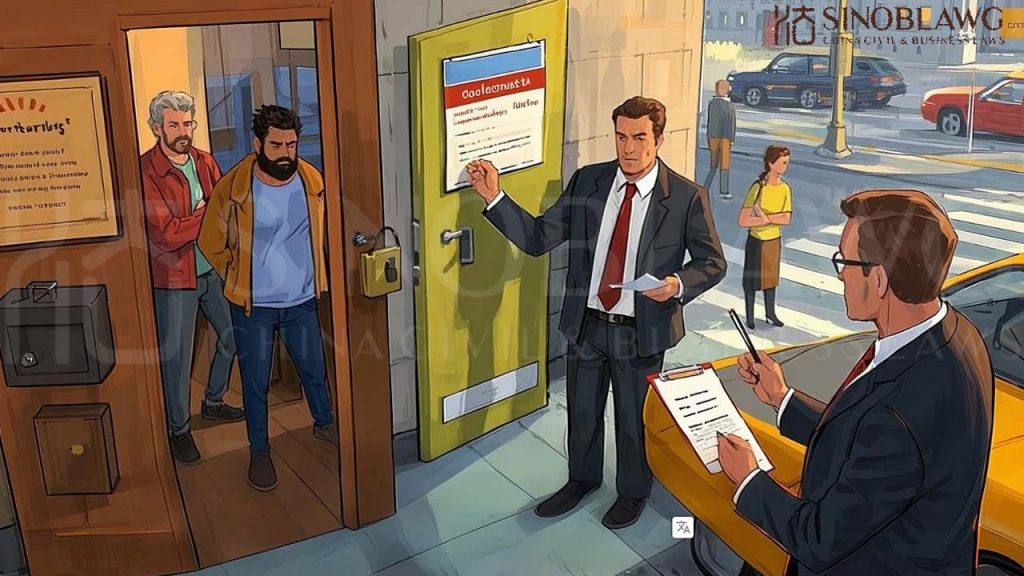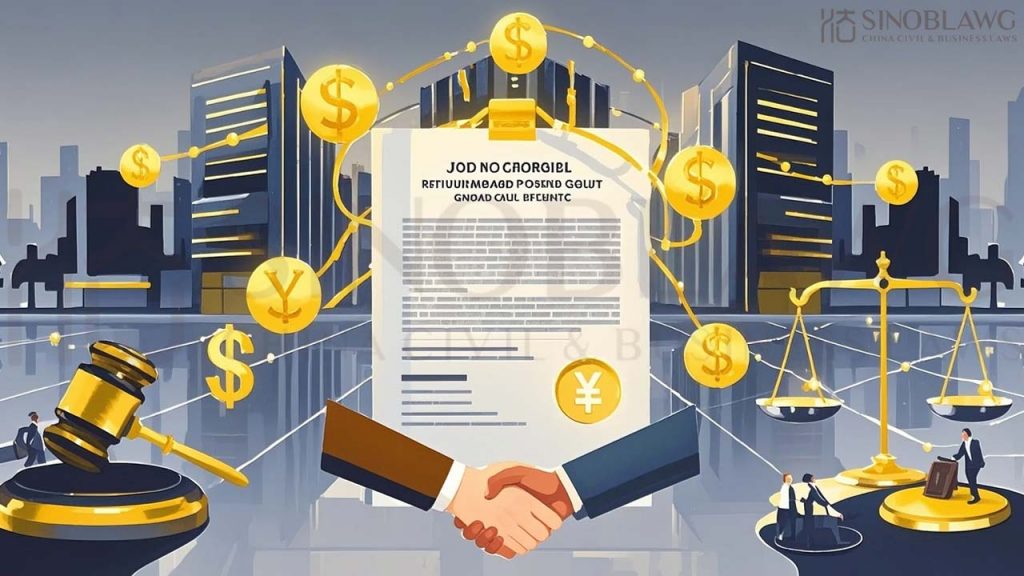As the external legal counsel for The Executive Center in Shanghai, the leading premium serviced office provider in Asia, a slew of legal questions have been put forward before me. Some of the issues are interesting and worth a post here.
As a serviced office provider, or landlord, the number one headache is delay or refusal by tenants in paying the rent for the occupied office. What shall the landlord do under Chinese laws in such a situation? The most drastic counter action may be to lock the tenants out of the offices they rent. But is it legal to do so? What legal implications will follow after taking such fierce action by landlords?
I. You can lock out tenants under certain circumstances
To the best of my knowledge, in most leases in China, it is stipulated that tenants shall pay rents in advance every month before they can use the office, apartments or factories. In legal jargon, the tenants shall have to perform their obligation of paying the rents in the first place, and then landlords shall be subject to and perform their obligations of allowing the tenants to use the rented properties. Here, there is a clear sequence of performance of obligations under the lease contracts, and this bears a clear legal implication.
Article 67 of China Contract Law provides:
Where the parties to a contract owe mutual obligations to each other with a time order of performance thereof, the party that is to perform its obligation subsequently shall have the right to reject the request for performance by the other party if that other party fails to perform its obligation in the first place; if the party that is to perform its obligations firstly fails to render performance in compliance with contract terms, the party that is to perform its obligation subsequently shall have the right to reject the request for performance commensurately.
This provision establishes the right of defense for not performing obligations by one party against the other party to the contract that has firstly committed breach of the contract in question. Based on this provision, it is quite clear that a landlord may lock out the tenants if the tenants delay or refuse to pay rents in time. Things may become tricky and elusive in the case that the tenants have paid partial rent for a certain month. For example, the tenant has paid only 60% of its monthly rent for December of 2013, will this partial performance entitle the landlord to lock out the tenant? The answer depends on how the word “commensurately” in the provision is interpreted. A reasonable understanding is that the landlord may still lock out the tenants for those days in that month that have not been paid yet.
II. Do it right
Landlords exercise this right of defense provided under this Article 67 of China Contract Law shall be careful about overstepping the red line of terminating the whole lease when locking out the tenants.
As indicated in a Q&A published by Shanghai High People’s Court in regard of this tenancy issue, the locking of door, cutoff of power, gas or water can be interpreted as an intention to terminate a lease instead of a defense for not performing its own part of obligation.
III. Rent for the lock-out period
As happened in a case with TEC, after resuming the lease after a temporary lockout, the tenant complained that the rent for the lockout period should not be charged as they did not use the office. Is it a valid claim?
The provision and other laws do not shed any light on this. It is plausibly right to hold that the tenants should not be required to pay the rent during the lockout period as they do not enjoy the property. However, this interpretation means the landlord will post loss if they exercise this right of defense. In the Q&A mentioned above, Shanghai High People’s Court is of the opinion that the tenant is exempted from paying the rent for the lockout period if the purpose of the lease is frustrated by the counter action by landlords. The Q&A illustrated this point with an instance where the tenant can be exempted from paying rents for the restaurant premises if the landlord cuts off electricity, on the ground that cutoff of electricity renders it impossible for tenant to operate the premises as a restaurant.
A related question will be whether the landlord upon exercising this right of defense is still entitled to pursue breach liability against the tenant that delays payment of rent. A good question with no clear answer now.








Comments